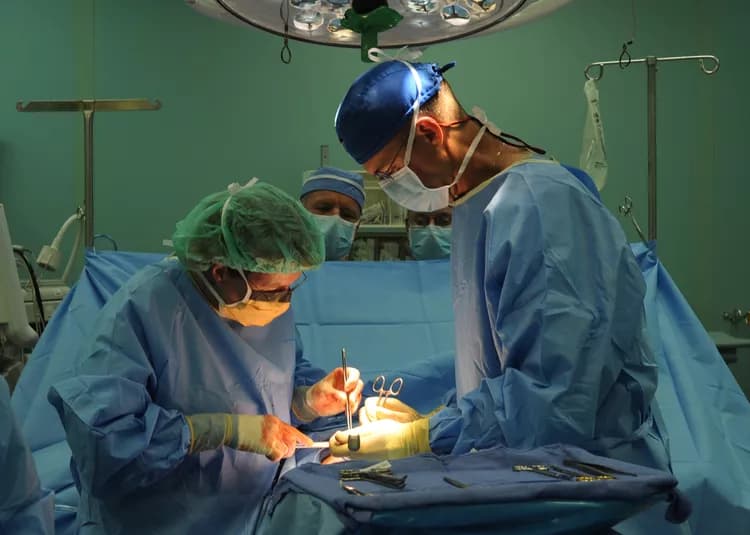
Durotomy: Common Complication Of Spinal Surgery, And An Important Factor In Some Malpractice Cases
Incidental durotomy -- small tears of the outer membrane of the spinal cord -- are a common occurrence in spinal surgery, and may lead to litigation. Most malpractice cases associated with dural tear end in a ruling in favor of the surgeon, reports a study in the journal Spine, published by Wolters Kluwer.
But certain types of durotomy cases are more likely to resolved in favor of the patient -- especially when durotomy is detected late or causes more-severe injury, according to the new research. The lead author is Wesley M. Durand, ScB, a medical student at Brown University, Providence, R.I.
Durotomy in Malpractice Cases -- What Factors Affect the Verdict?
In a search of three legal databases, the researchers identified 48 malpractice cases involving "incidental durotomy" during spinal surgery. Incidental durotomy refers to unintended tears or puncture of the dura mater: the tough outer membrane covering the spinal cord. Dural tears occur frequently during spinal surgery; when promptly recognized and repaired, they generally cause no long-term problems.
However, complications can ensue if the dural tear is not repaired, or if it reopens after surgery (dehiscence). The researchers evaluated the outcomes of malpractice cases involving incidental durotomy, and factors associated with which way the case was decided. All 48 cases were resolved by verdict or settlement.
The patients with incidental durotomy were 24 men and 24 women, average age 55 years. Allegations included the need for additional surgery, delayed diagnosis/treatment, and/or improper durotomy repair. Injury severity included weakness in about 60 percent of cases and paralysis, brain damage, or death in 20 percent.
Most cases -- about 56 percent -- resulted in a verdict in favor of the physician or surgeon (defendant). That included more than 80 percent of cases not involving neurologic complications, such as weakness or brain damage.
The remaining 44 percent of malpractice cases were settled or decided in favor of the patient or family (plaintiff). In cases involving a payment, the average amount was about $2.8 million (in 2016-adjusted dollars). Male plaintiffs were more likely to receive a favorable decision.
On its own, the need for further surgery to repair a dural tear did make it more likely that the patient would receive a favorable settlement or verdict. But a decision favoring the patient was more likely in cases with alleged delay in diagnosis/treatment, 62 percent; or improper repair, 73 percent.
The study helps to clarify the medicolegal aspects of durotomy-related malpractice verdicts and settlements. That's especially important because incidental durotomy is such a common -- sometimes unavoidable -- occurrence in spinal surgery.
The findings underscore that, from a legal standpoint, surgeons should not consider durotomy "an entirely benign event." Surgeons are more likely to prevail in cases where a dural tear is promptly recognized and treated, and when durotomy causes minor, non-neurological injuries. In contrast, a decision in favor of the patient is more likely if the durotomy goes unrecognized, results in more severe injuries, or reopens after repair. "These findings may be important for future tort reform," the researchers write.
Materials provided by Wolters Kluwer Health. Note: Content may be edited for style and length.
Disclaimer: DoveMed is not responsible for the accuracy of the adapted version of news releases posted to DoveMed by contributing universities and institutions.
References:
- Wesley M. Durand, Adam E. M. Eltorai, Govind Shantharam, J. Mason DePasse, Eren O. Kuris, Alicia E. Hersey, Mark A. Palumbo, Alan H. Daniels. (2017). Medical Malpractice Claims Following Incidental Durotomy Due to Spinal Surgery. SPINE. DOI: 10.1097/BRS.0000000000002469
Related Articles
Test Your Knowledge
Asked by users
Related Centers
Related Specialties
Related Physicians
Related Procedures
Related Resources
Join DoveHubs
and connect with fellow professionals

0 Comments
Please log in to post a comment.